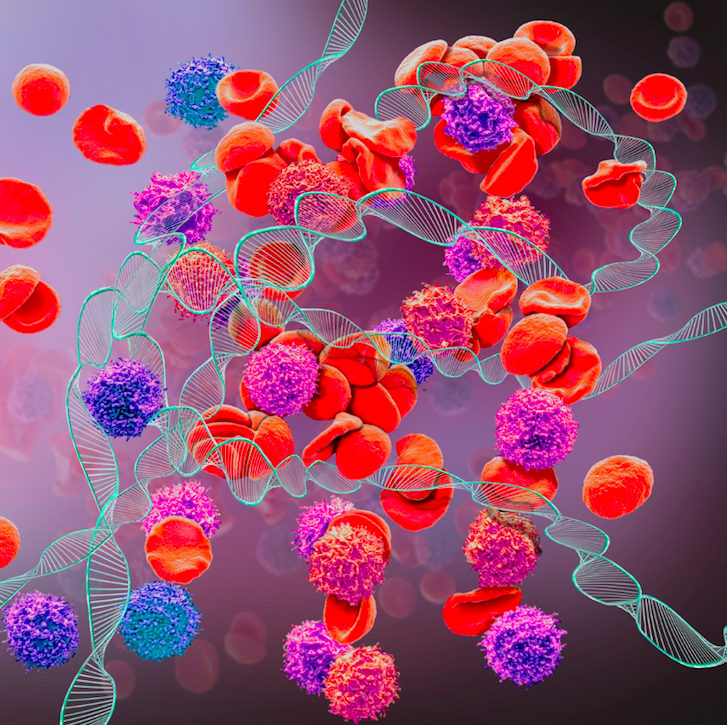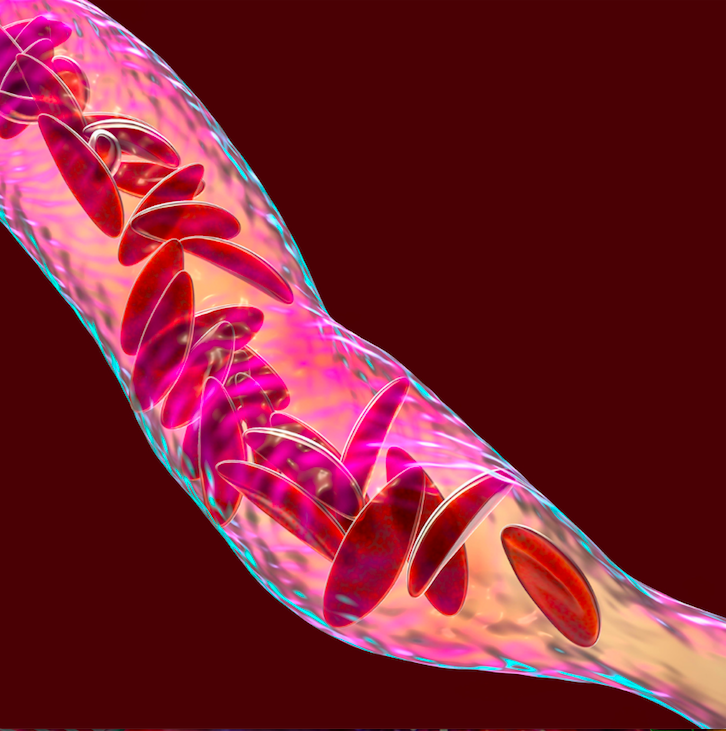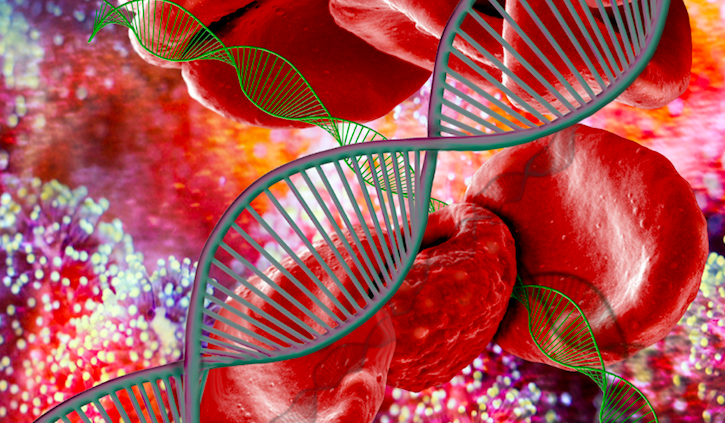Sickle Cell Disease: All You Need To Know
The detection of this hereditary blood condition known as sickle cell disease (SCD) is in millions of people worldwide, mostly those of African, Mediterranean, Middle Eastern, and South Asian origin. For individuals who live with it, this complicated and sometimes misunderstood disorder presents a wide range of health concerns. In this blog, we’ll explore the complexities of sickle cell disease. We’ll uncover its effects on people and families, and how crucial it is to spread knowledge. Thus, this will help those who are suffering .

Understanding Sickle Cell Disease:
Haemoglobin, the protein responsible for transporting oxygen in red blood cells, is defective in sickle cell disease. Red blood cells with this genetic mutation have a sickle- or crescent-shaped form, which makes them more fragile and less able to pass easily through blood arteries. As a result, these abnormal cells block and clog within tiny blood channels. Due to this, it cause s discomfort, inflammation, and even organ and tissue damage.
The Impact on Individuals:
Sickle Cell Disease symptoms and severity might differ significantly from person to person. Some people may occasionally have pain crises or “sickle cell crises,” whilst others deal with chronic pain and other issues that interfere with their everyday life. SCD sufferers frequently deal with exhaustion, breathlessness, and an elevated risk of infections. Furthermore, the illness may lead to organ damage, stroke, and other potentially fatal consequences, which emphasizes the importance of receiving prompt and thorough medical attention.
Living with Sickle Cell Disease:
Significant mental and physical difficulties come with having SCD. Frequent pain attacks might interfere with everyday activities, cause lost work or school days, and lower overall quality of life. Since pain crises are unpredictable, they can be emotionally taxing. Additionally, because the illness is persistent, it requires ongoing medical care and supervision.

Support and Awareness:
For a number of reasons, spreading knowledge about sickle cell disease is essential. First off, it assists in dispelling myths and stigma associated with the disorder. aware choices about family planning and prenatal testing may be made by individuals and families when they are aware about the genetic inheritance of SCD. Furthermore, raising awareness can help with early diagnosis and intervention, boosting results and giving people the support they need to properly manage their health.
Promoting Treatment For Sickle Cell:
Sickle Cell Disease management has significantly improved because of developments in science and medicine. Some of the possible treatments include hydroxyurea therapy, regular blood transfusions, and pain relief techniques. However, further study is necessary to identify more potent treatments, possible treatments, and to improve the general quality of life for those with SCD.
Supporting Families and Caregivers:
Sickle cell disease affects not just those who have it but also their loved ones and carers. The emotional toll of seeing loved ones struggle with illness and agony may be debilitating. To help them manage the challenges of caring for someone with SCD, it is crucial to support carers and offer them tools and assistance.

Creating a Supportive Community:
Promoting general well being depends on building a welcoming and accepting community for people with sickle cell disease. Support groups, advocacy groups, and online communities offer a platform for people and families to interact, share stories, and get advice from people who are familiar with their struggles.
Millions of people worldwide are affected by the complicated and sometimes fatal disease. We can make society more understanding and caring for people with SCD via education, research, and support. We get closer to a day when people with this disease may live healthier, happier lives without being constrained by this hereditary blood ailment. As a result, we need to encourage early diagnosis, easy access to healthcare, and scientific improvements. Let’s work together to spread knowledge and build a community that cares for and empowers people with sickle cell disease.
For more information, get in touch with us at Travcoure.







